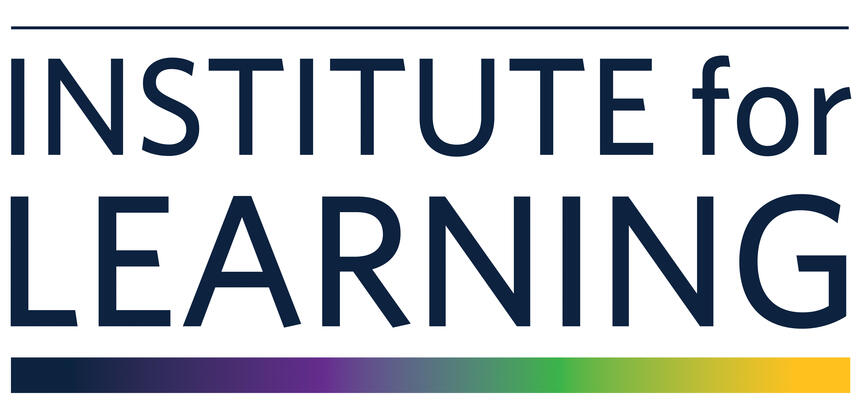The foundation of the work that we do at IFL are the Principles of Learning. They are built on the idea that intelligence is incremental—that students of all ages can become smarter when they are supported to think hard and solve high-level problems. The Principles of Learning are a set of characteristics that describe high-quality teaching and learning at all levels. These research-based principles are designed to help educators analyze and improve teaching and learning for all students.

Socializing Intelligence
Intelligent habits of mind are a set of problem-solving and reasoning capabilities learned through daily expectations placed on the learner. By calling on students to use the skills of intelligent thinking to meet high expectations —and by holding them responsible for doing so—educators can “teach” intelligence.

Academic Rigor in a Thinking Curriculum
Learning and thinking are intimately joined. In an effort-based school, curriculum is organized around major skills that students are expected to know deeply, and teaching must engage students in active thinking about these concepts. In every subject, at every grade level, instruction and learning must include commitment to a high thinking demand, and active use of skills.

Accountable Talk®
Accountable Talk practices ask students to respond to and further develop what others have said. They put forth and demand knowledge that is accurate and relevant to the issue under discussion. Accountable Talk practices require that students use appropriate evidence and follow established norms of good reasoning

Clear Expectations
If we expect all students to achieve at high levels, then we must define what we expect students to learn and do. With clear and visible learning targets, students can participate in evaluating and setting goals for their own work and effort.

Self-Management of Learning
If students are going to be responsible for the quality of their thinking and learning, then they must develop and regularly use an array of self-monitoring and self-management strategies. These metacognitive skills include noticing when one doesn’t understand something and taking steps to remedy the situation, as well as formulating questions and inquiries that let one explore deep levels of meaning.

Learning as Apprenticeship
Apprenticeship allows learners to acquire complex interdisciplinary knowledge, practical abilities, and appropriate forms of social behavior. School environments can be organized so that complex thinking is modeled and analyzed, and mentoring and coaching help students undertake extended projects and develop presentations of finished work.

Organizing for Effort
An effort-based school prioritizes the idea that sustained and directed effort can yield high achievement for all students. Rigorous minimum standards are set, and assessments are geared to the standards. All students are taught a rigorous curriculum, and they receive as much time and expert instruction as they need to meet or exceed expectations.

Fair and Credible Evaluations
If we expect students to put forth sustained effort then we must use assessments that they find fair, and that parents, community members, and employers find credible. Fair evaluations are ones that students can prepare for; therefore, tasks and classroom assessments must be aligned to curriculum and standards. Assessments that meet these criteria provide parents, colleges, and employers with credible evaluations.

Recognition of Accomplishment
If we expect students to put forth and sustain high levels of effort, then we must motivate them by recognizing their accomplishments regularly. Clear recognition of authentic accomplishment is a hallmark of an effort-based school. This recognition can take the form of celebrations of work that meets standards or intermediate progress benchmarks en route to the standards.


